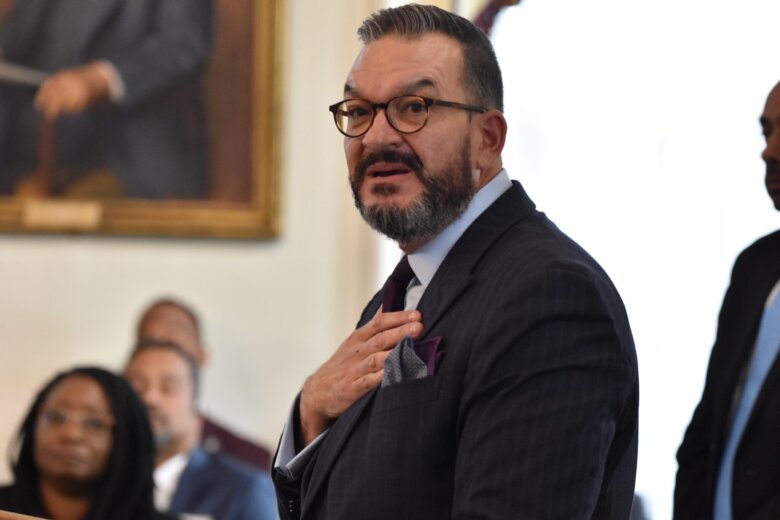Copyright WTOP

This article was republished with permission from WTOP’s news partners at Maryland Matters. Sign up for Maryland Matters’ free email subscription today. Local social services agencies have been directed by the secretary of the Maryland Department of Human Services to end the practice of housing foster care children in unlicensed facilities, including hotels. The directive, issued in an Oct. 22 memo, orders all local departments of social services to immediately stop facilitating stays in unlicensed settings “for youth experiencing out-of-home” care. The announcement comes a month after the death of a 16-year-old girl who died of an apparent overdose while under state supervision in a Baltimore City hotel. “We will not rest until every child in our state is safe, thriving in a permanent home, and surrounded by a loving family,” the department said in a statement. “We are committed to ending the use of inappropriate stays for all children in our care, and that goal is becoming a reality.” As of Monday, there were 3,762 youth in out-of-home care in the state. Of those, six are in hotels, the department said in its statement. The number is down from 41 reported on Jan. 31, 2023, according to the department. The department ordered all six children to be relocated from those hotels by Nov. 24 and placed in kinship care, a licensed foster care facility or other regulated placements. Department officials are scheduled to appear before the Joint Audit and Evaluation Committee on Wednesday to answer questions about a scathing audit released last month. “Putting children in need, who require special attention or care and need love, support, and guidance in hotel rooms with minimal, if any, consistent adult supervision is an absurd policy,” House Minority Leader Jason C. Buckel (R-Allegany) said in a statement. “It is blatantly wrong, and thankfully, DHS has finally reached this conclusion. “It is unfortunately too late for children and families that have already suffered because of prior failures in our foster care system,” Buckel’s statement said. “Such a policy must never be allowed to be implemented again. Maryland’s foster children deserve better.” That 70-page audit included findings that the department may have approved guardianship homes for children who are in state care where registered sex offenders lived and failed to identify a convicted sex offender who worked in a group foster home and later faced criminal charges involving children under his care. Five days after the audit was released, the body of Kanaiyah Ward, 16, was found Sept. 22 in a room at a Residence Inn by Marriott. The teen had been living in the hotel on N. Wolfe Street Baltimore. An autopsy concluded that she died as a result of an overdose of diphenhydramine, an over-the-counter allergy medication. “I am glad that DHS is ending this practice, but it still leaves many questions,” said Del. Mike Griffith (R-Harford and Cecil), who spent years in Maryland’s foster system as a child. “Where will these children be housed? As many of them are children like Kanaiyah who need mental health or medical services, will they be placed with treatment foster care providers? Or, as we already know happens, will they be placed in more dire environments like homeless shelters? “Given this agency’s track record, it is important that we continue to push for the passage of Kanaiyah’s Law so we can be assured that these placements and practices are forever banned,” he said. Earlier this month, Griffith announced he would sponsor a bill — Kanaiyah’s Law — that would prohibit putting children who are in foster care into a hotel for more than a week without the review and approval of the secretary of Maryland’s Department of Social Services. The bill — as described by Griffith — would also require training, licensing, and criminal background checks for one-on-one providers and give the state “legal authority to conduct ongoing monitoring, including background checks of adults residing with children placed in guardianship homes.”



